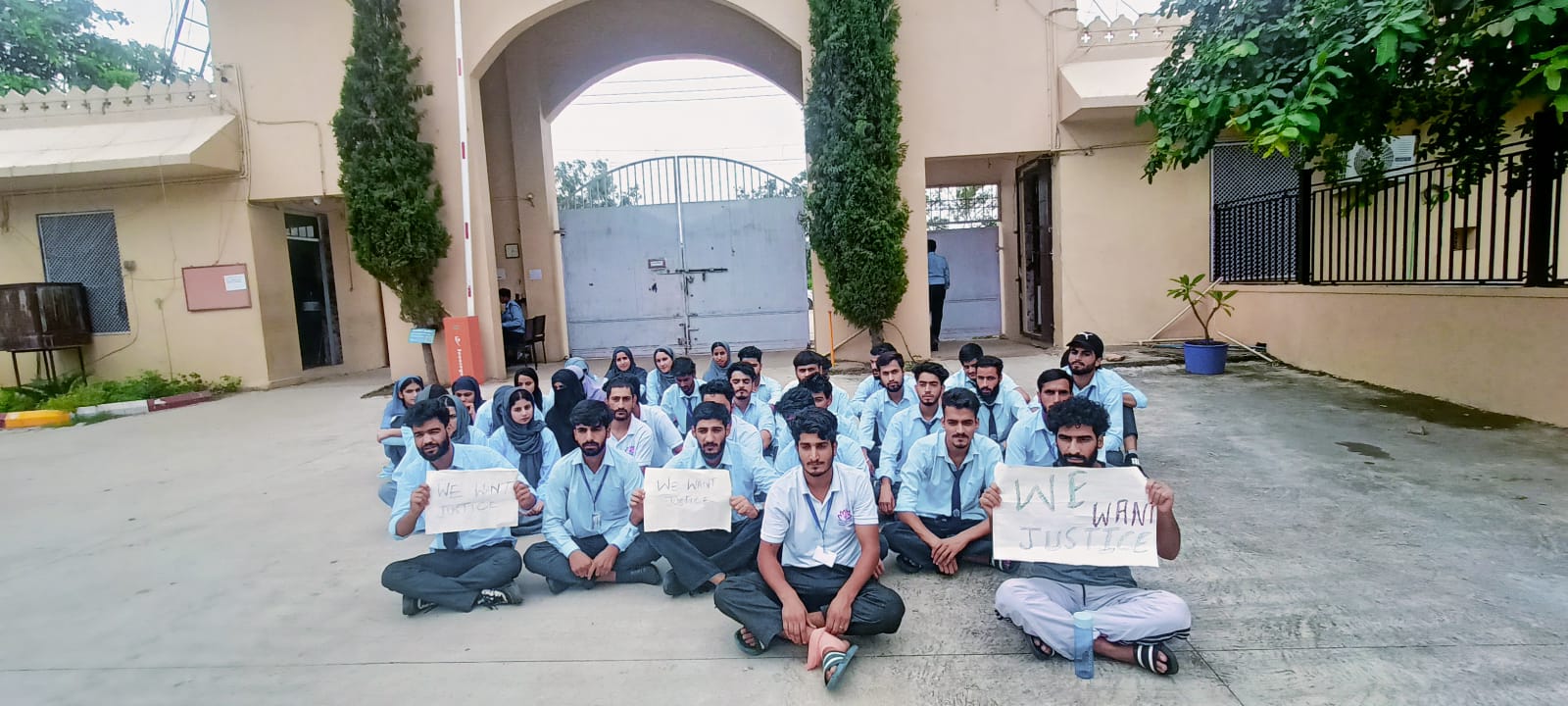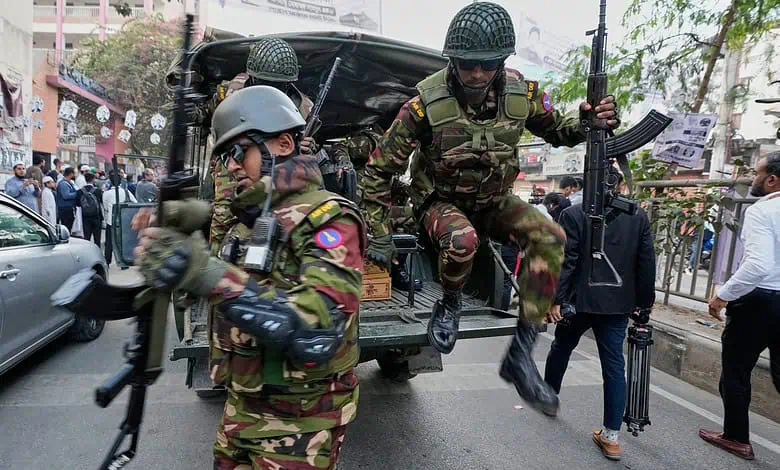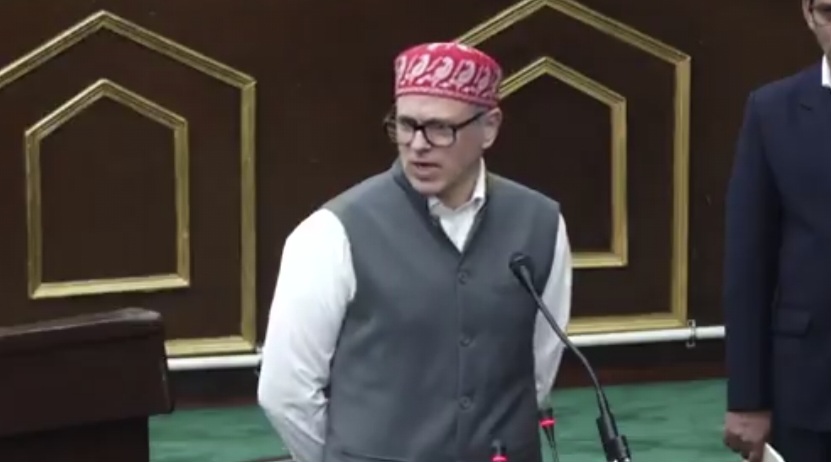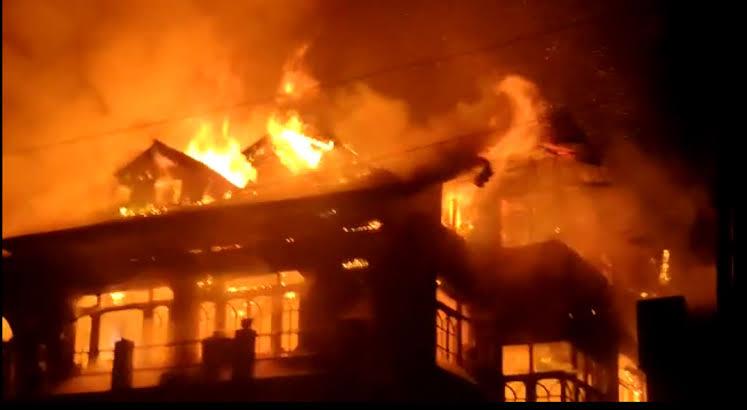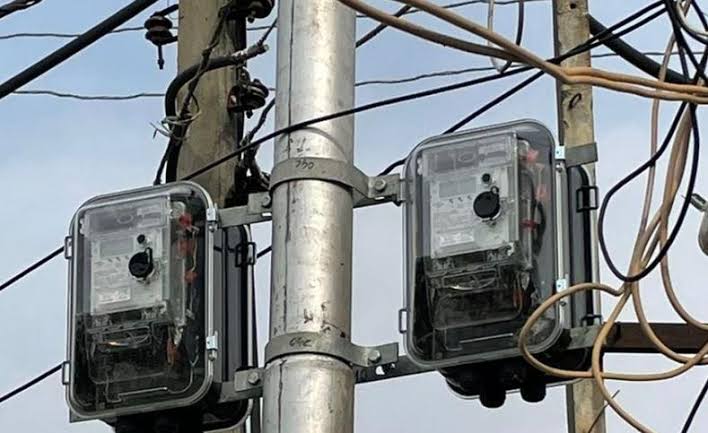
*Mohd Rafique Rather*
The recent terror attack in Pahalgam has not only shaken the conscience of the people of Jammu and Kashmir but has also marked a historic moment of unity and collective defiance and resolve against terrorism. For the first time in recent memory, a complete, voluntary shutdown — a total bandh — was observed across the entire Union Territory, encompassing all districts, towns, and villages of both Jammu and Kashmir divisions.
What makes this response unprecedented is not merely the scale of the protest but the spirit in which it was carried out. People from all walks of life, regardless of religion, region, or political ideology, poured onto the streets to express their anguish, grief, and anger. From Srinagar to Samba, from Poonch to Pulwama, the message was loud and clear — enough is enough. The people of Jammu and Kashmir are united in their rejection of violence and terrorism.
In a region historically fragmented along regional, religious, ethnic, and political lines, this mass uprising of civilian sentiment marks a significant turning point. It reflects the maturity and political awakening of a population that has long borne the brunt of conflict and instability and have suffered immensely in last 35 years.Civil society, students, teacheds, traders, religious leaders, political activists, and even apolitical citizens joined hands in peaceful protests. Notably, the bandh was not called by any one group or party — it was a spontaneous, organic outcry from the people themselves.
Although some so-called national media channels attempted to add fuel to the fire by giving this massacre a communal and religious colour, their efforts were firmly countered by the mature and responsible conduct of the local media. By focusing on facts, highlighting the unity of the people, and refusing to fall into the trap of polarisation, local media played a crucial role in preserving the sanctity of the public sentiment and negating the nefarious designs of those seeking to divide.
Political and Economic Impact
Politically, the incident and its aftermath have the potential to reshape the discourse in Jammu and Kashmir. The people’s unified response challenges the narrative that the region is divided and disjointed. It sends a strong message to all stakeholders — within the Union Territory and in New Delhi — that the people of Jammu and Kashmir are capable of coming together when it matters most. It also puts pressure on political actors across the spectrum to abandon divisive rhetoric and work towards a common agenda of peace, justice, economic revival and ofcourse political rights.
Economically, the bandh — though disruptive for a day — symbolizes a deeper call for stability. Businesses, tourism, and investment, already struggling in the aftermath of multiple crises, stand to benefit if this unity translates into a sustained demand for peace and development. The fear and uncertainty caused by such attacks scare away not only tourists but also critical investments in infrastructure and industry. A stable, peaceful Jammu and Kashmir is in the interest of every stakeholder.
The moment must not be allowed to pass as a one-time reaction. The spontaneous unity witnessed in the wake of the Pahalgam tragedy should be institutionalized through the strengthening of civil society, inter-community dialogue, and participatory governance. Political leadership must rise above narrow partisanship and work collaboratively to amplify this spirit of unity.
Furthermore, the government must ensure a credible and transparent investigation into the attack and bring the perpetrators to justice. At the same time, genuine efforts must be made to address the root causes of alienation and violence, especially among youth.
The people of Jammu and Kashmir have spoken — not with stones or guns, but with solidarity and silence. Their voice must be heard, respected, and acted upon. This is not just a response to terror — it is a declaration of a new beginning.
The Author is a teacher turned politician and has worked as Spokesperson and District President JKPDP.
Can be reached at.
mrafiqr65@gmail.com
9419028029

